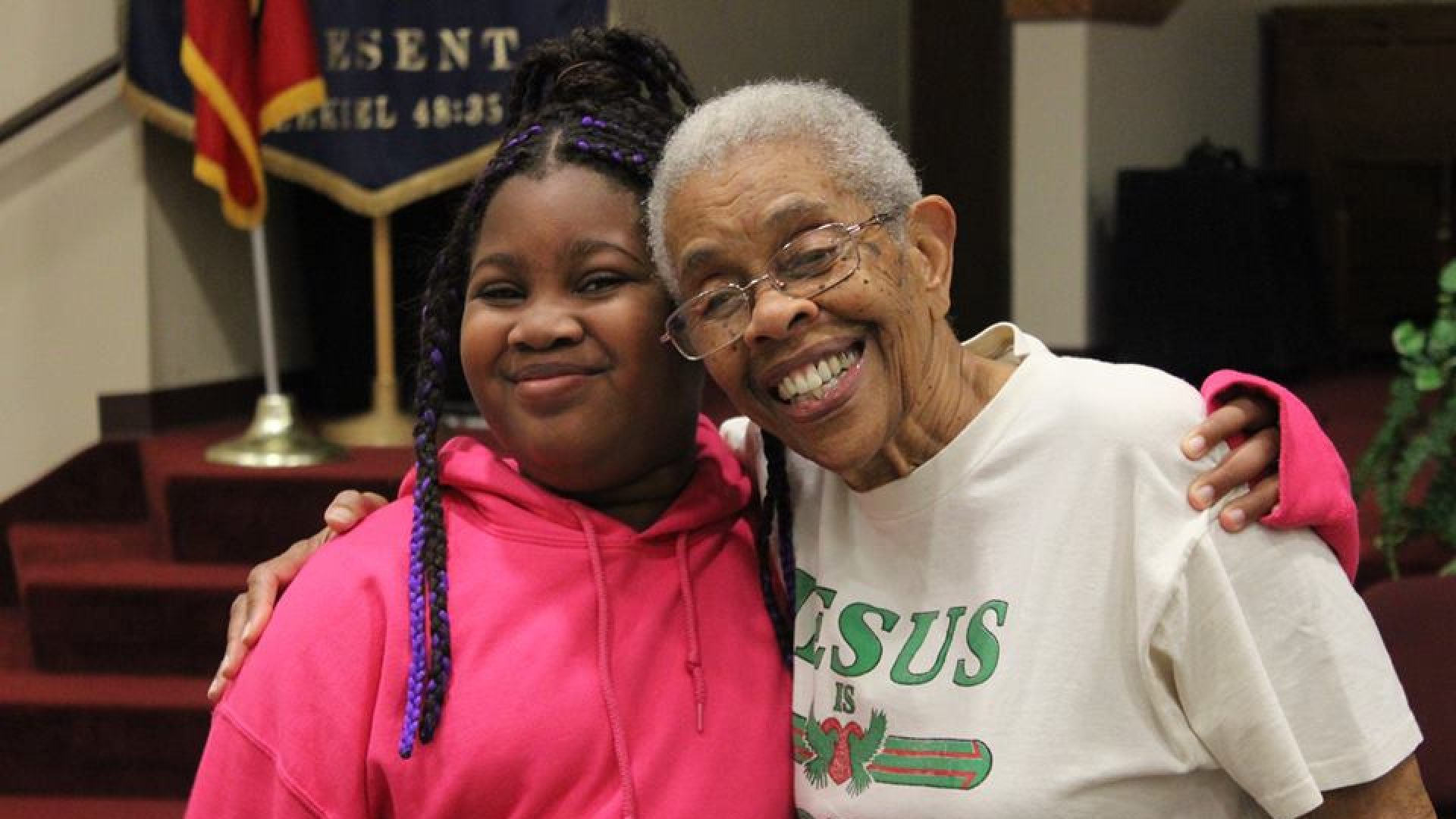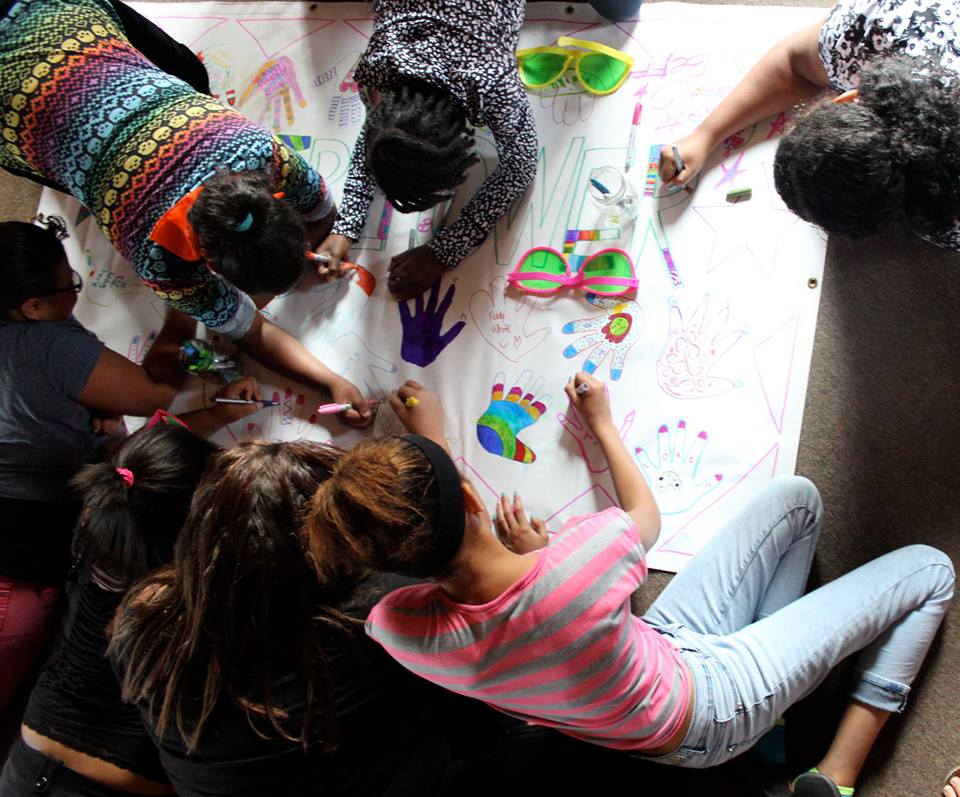This week, not far from where I live, a 12-year-old middle school girl committed suicide at her school.
I don’t know about you, but I have to take a deep breath here. I could barely bring myself to read the news article, so I’m not going to link to it here. Just know that it happened, and that her community is reeling that a child — a child — could feel so alone and hopeless as to take her own life. But it is not the only time it has happened — maybe not at a school, but tweens and middle school kids have committed suicide in our own community in the past decade.
I am not an expert on mental health — and as I use the term “mental health” I am aware that the church shies away from even the term “mental health,” let alone the realities of it at times — but let me share just a little of what I have learned from observation about teenagers and mental health.
1. Depression is incredibly common among teenagers. In a previous youth ministry position I held, about one third of my students struggled with depression. That is borne out in the Clark County Status of Youth Report, which shared that 32% of Clark County high school students have had significant bouts of depression. One. In. Three.
2. Teen suicide attempts are horrifyingly high in Clark County. Do you know how many Clark County high school students have attempted suicide in the past year? One in eight. 12%.
Please let me do some math to drive this point home: There were 9,286 kids age 15-19 in Clark County in 2012. 12% of 9,286 is 1,114 suicide attempts.
1,114 suicide attempts among Clark County high school students in the past year.
Everything in me wants to scream that this statistic has to be wrong, that there can’t possibly be that many young people trying to end their own lives. Wouldn’t we have heard about it? Wouldn’t we know someone? But the data has been consistent in the past decade, and this rate has slowly risen. Kids are telling an anonymous survey information that most people around probably do not know: that on the inside, they feel hopeless, afraid, angry, alone.
3. We have to create climates where young people feel safe and where they can talk. Believe me, reading about teenage depression and suicide in our community just makes me want to put my head on my desk and cry. But here is something that I KNOW we can do, that I KNOW helps: create a climate where they can open up. This takes time and intention! Fun and games are great, and healthy, and they help, but there has to be an outlet for the serious stuff, too. Regular journal time, where kids can choose to have a leader respond back in their journal, has been a great tool for our GirlPower girls and leaders, as have small group discussions.
It also means establishing a strong and clear expectation in the group’s culture: Acceptance, confidentiality, empathy, love.
When we do this, there is going to be alarming stuff that comes out. There is far more going on inside many middle school kids than we wish. We are going to hear about self-harm, and past abuse, and dysfunctional relationships, and all kinds of junk that we can’t handle. We are going to feel overwhelmed.
But the fact that they are talking about it means that we are creating the right kind of environment. If they weren’t telling you, they probably wouldn’t be telling anyone. And guess what? There is a God who can handle it, and we can talk to Him about these kids, and we can teach them how to talk to Him, too.
4. Some kids need professional help. I realize this topic can get a little controversial in the Christian community, but let me just say that there are wonderful counselors in our community and that we should get to know them. Clark County Mental Health (which is free for kids who are low income), WellSpring, and CitiLookout are just a few agencies where I know families will get good care (and there are others.) There are kids who have been through psychological trauma, or whose brains are “misfiring” (for lack of a better term), and they need someone with training and experience to walk down this road with them and their family.
5. But kids who are getting professional help still need us. They need unconditional love, support, prayer, and the hope of Jesus in their lives! They may need accountability. And they need a community of people who will listen, whether it’s a youth group, small group, afterschool program, or church family. God’s commands to love, encourage, and pray for one another are exactly what these kids will need to face their fears and to heal.
1,114 is too many!
One is too many.
We may feel overwhelmed, and we may not be able to do everything, but we can do something, can’t we? Church, let’s do whatever we can to change this statistic.
Faith Bosland
Executive Director


